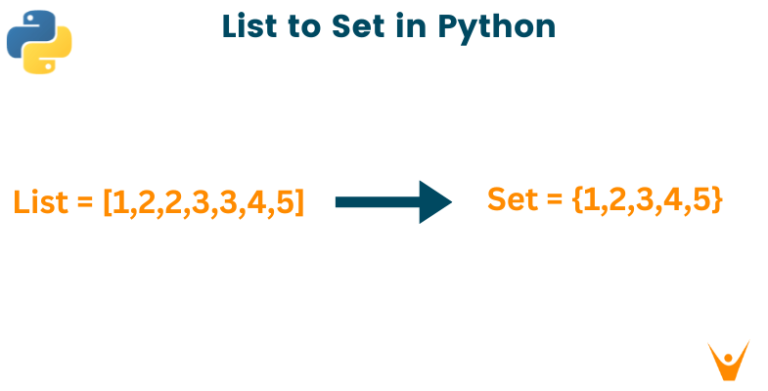Top 10 Ecommerce Website Builders for 2024
The e-commerce landscape is exploding! With online retail sales projected to reach a staggering $5.4 trillion globally by 2024 (according to Statista), having a simple website just won’t cut it anymore. For businesses of all sizes, a user-friendly online store is essential for capturing your share of this ever-growing market. But how do you create a beautiful and functional online store without needing to be a coding whiz? Enter ecommerce website builders! These easy-to-use ecommerce website builders let you create a complete online store. You can add product listings, shopping carts, and secure payment options, all without any coding.
Benefits of Using Ecommerce Website Builders
- Effortless Setup: Drag-and-drop functionality and intuitive interfaces make creating your online store a breeze.
- Cost-Effective Solution: Compared to hiring a web developer, website builders offer a budget-friendly way to launch your online business.
- Packed with Features: Many platforms come equipped with essential features like product management tools, shopping carts, secure payment processing integration, and marketing tools.
- Scalability for Growth: The best website builders can grow with your business, allowing you to add more products and features as your online store expands.
Choosing the Right Ecommerce Website Builders
Before diving in, consider these crucial factors to ensure you select the perfect platform for your specific needs:
- Your Target Audience: Are you a budding entrepreneur launching your first online store? A small business seeking a cost-effective solution? Or an established brand looking for a secondary sales channel? Different builders cater to different needs.
- Essential Features: Identify the features crucial for your online store. Do you need advanced inventory management tools? Built-in marketing automation? Secure payment processing integration with specific gateways? Prioritize platforms that offer the functionalities you require.
- Design Flexibility: Consider the level of design customization you desire. Do you want a platform with a wide range of pre-designed templates, or do you need the ability to heavily customize the look and feel of your store with advanced coding options?
- Scalability: Choose a platform that can accommodate your business growth. Will the platform be able to handle an expanding product range and increasing website traffic as your online store flourishes?
- Pricing: Compare pricing plans and transaction fees of different platforms. Some builders offer free trials or basic plans, while others have monthly fees or take a percentage of your sales. Select a plan that aligns with your financial constraints and fulfills your business requirements.
Top 10 Ecommerce Website Builders for 2024
Now that you understand your ecommerce needs, let’s explore the top contenders in the website builders arena for 2024:
1. Shopify:
Renowned for its ease of use, robust app store with a vast array of features and integrations, and scalability, Shopify caters well to businesses of all sizes, from startups to established brands. Shopify also boasts a user-friendly interface and a comprehensive app store that allows you to extend the functionality of your online store with marketing automation tools, advanced analytics, and shipping solutions.
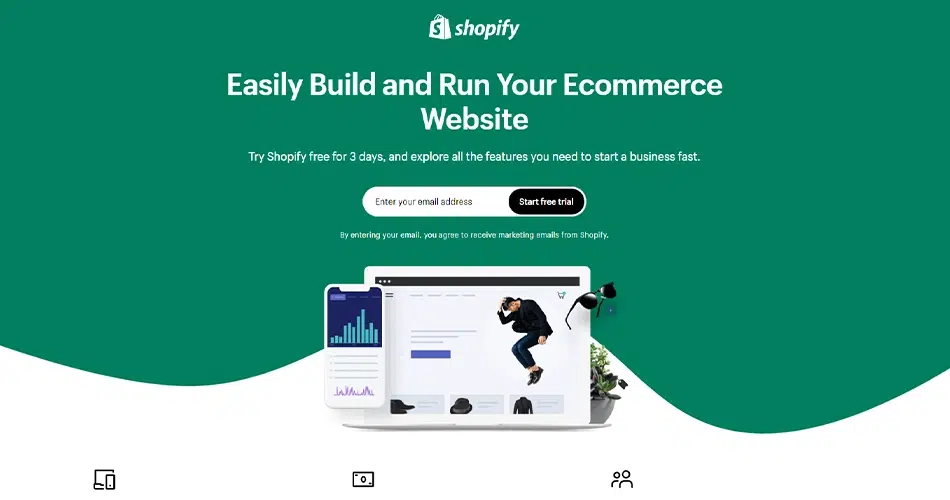
2. Wix Ecommerce:
Known for its user-friendly interface and beautiful design templates, Wix Ecommerce is a solid option for beginners and entrepreneurs looking for a visually appealing online store. Wix offers a drag-and-drop editor with stunning pre-designed templates that allow you to create a professional-looking online store with minimal design experience.

3. Squarespace Ecommerce:
Squarespace offers a user-friendly platform with built-in marketing tools and a focus on clean, modern design aesthetics. It’s a good fit for businesses or creatives who prioritize a sleek and stylish online presence. Squarespace integrates seamlessly with popular marketing tools and social media platforms, making it easy to promote your online store and reach new customers.

4. BigCommerce:
A powerful platform geared towards larger businesses with a high volume of products and sales. BigCommerce offers robust features, scalability, and advanced customization options. BigCommerce is built for handling large product catalogs and complex sales operations, making it a great choice for businesses that anticipate significant growth.
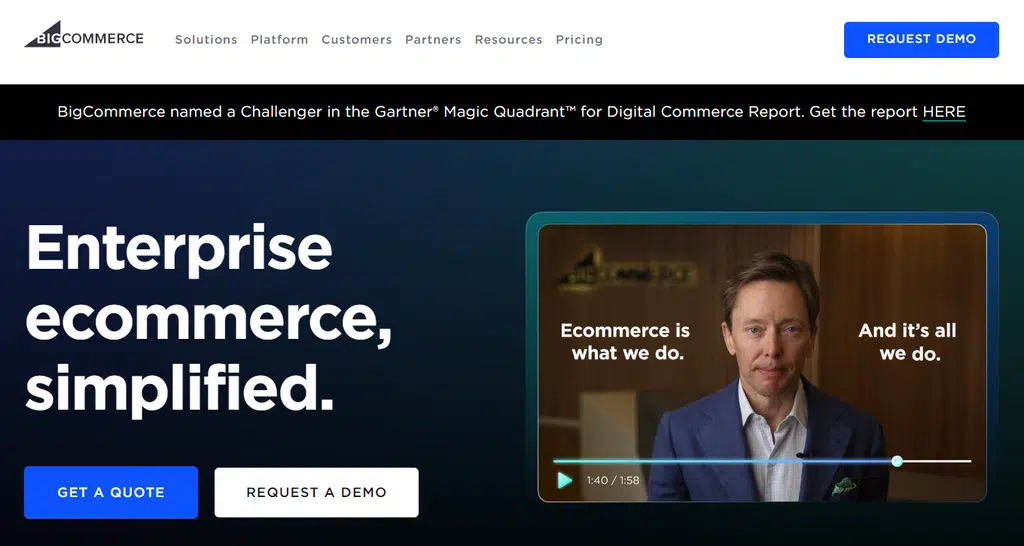
5. WooCommerce:
If you already have a WordPress website, WooCommerce transforms it into a full-fledged online store. It offers great flexibility and customization options, but requires some technical knowledge for setup and maintenance. WooCommerce leverages the vast WordPress plugin ecosystem, giving you access to a wide range of extensions for enhanced functionality, marketing automation, and SEO optimization.

6. Volusion:
A well-established platform in the ecommerce game, Volusion is known for its comprehensive suite of features. These features include built-in SEO tools to help your online store rank higher in search engine results, marketing automation capabilities to streamline your marketing efforts, and robust scalability to accommodate high-volume stores experiencing significant growth.
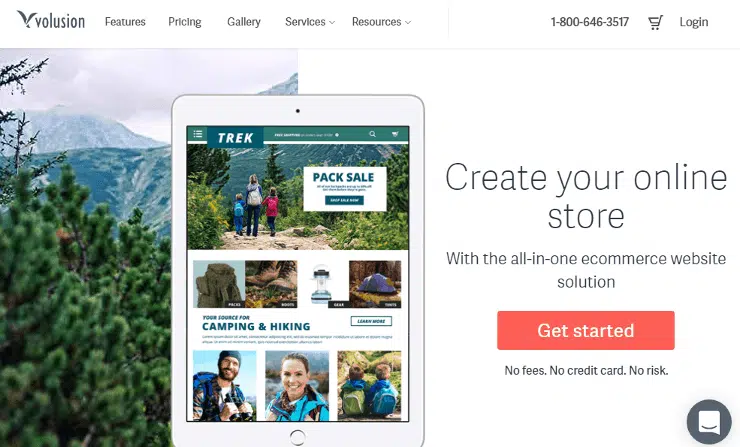
7. Big Cartel:
If you’re an artist, designer, or crafter looking to showcase your unique products online, Big Cartel is a strong contender. This platform is known for its user-friendly interface with a focus on visual appeal, making it easy to create a beautiful online store that highlights your creative work. Big Cartel also offers features like product variants (allowing you to offer different colors, sizes, or materials for your products) and built-in marketing tools to help you promote your store.
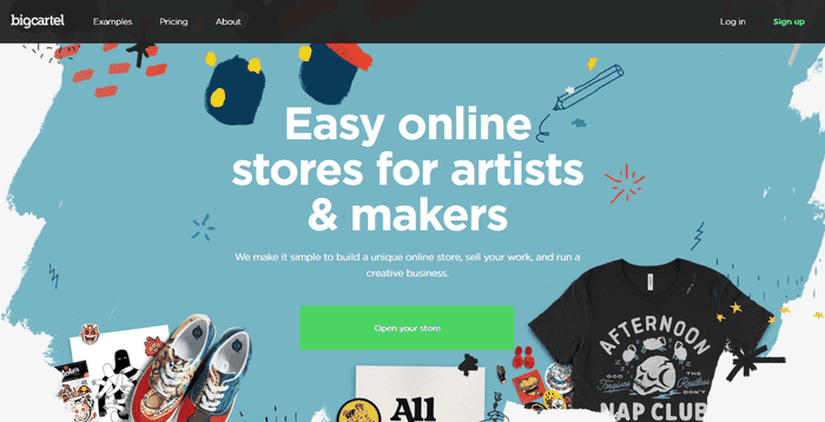
8. Ecwid:
Perfect for businesses looking to add an online sales channel without a complete website overhaul, Ecwid shines with its affordability and ease of use. This platform integrates seamlessly with existing websites and social media platforms like Facebook and Instagram, allowing you to start selling your products online quickly and easily. Ecwid also offers a free plan for businesses just starting out and various upgrade options with additional features as your online store grows.

9. Sellfy:
If you’re selling digital products like ebooks, courses, software downloads, or printables, Sellfy is a user-friendly platform specifically designed to meet your needs. Sellfy offers features like secure file delivery, customer subscriptions, and built-in email marketing tools to help you nurture leads and convert website visitors into paying customers. Additionally, Sellfy boasts a clean and mobile-responsive design to ensure your digital products are presented professionally and can be easily accessed by customers on any device.
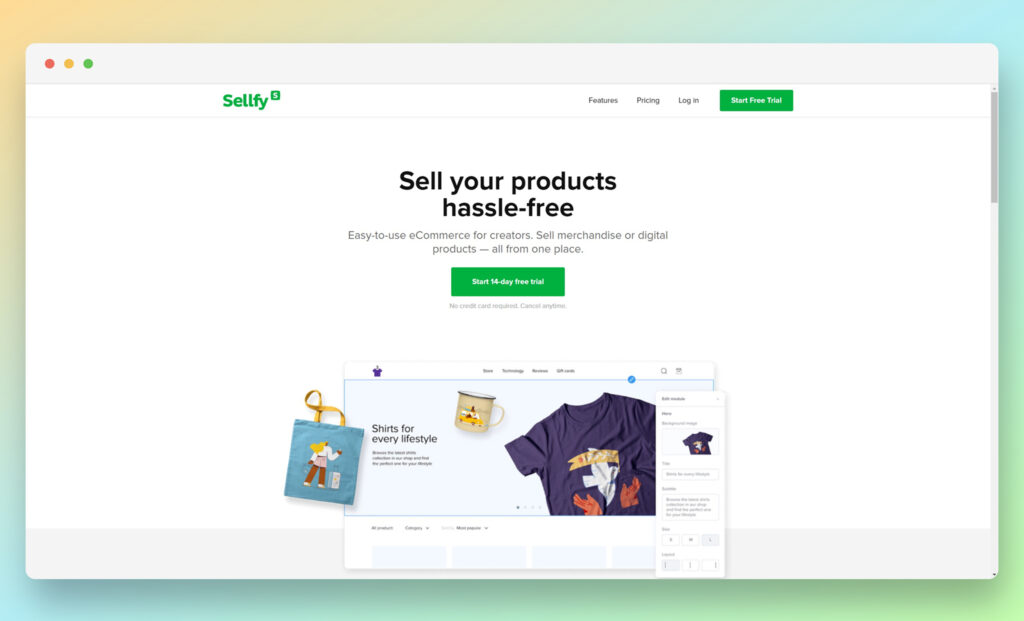
10. PrestaShop:
For businesses or developers seeking a highly customizable open-source ecommerce platform, PrestaShop offers a powerful solution. PrestaShop provides a high level of control over the design and functionality of your online store, allowing you to tailor it to your specific requirements. However, it’s important to note that PrestaShop requires more technical knowledge to set up and maintain compared to the other website builders on this list. If you’re not comfortable with coding or don’t have a developer on your team, PrestaShop might not be the best choice for you.

Essential Considerations for Ecommerce Success
While a great website builder equips you with the tools to create a beautiful and functional online store, true ecommerce success hinges on a broader strategy. Here are some additional considerations to ensure your online store thrives:
1. Choosing a Domain Name and Secure Hosting:
- Domain Name: Your domain name is your online store’s address on the internet. Choose a memorable and brand-relevant domain name that reflects your business and is easy for customers to spell and remember. Ideally, your domain name should be an exact match or close variation of your business name.
- Secure Hosting: Reliable web hosting ensures your online store is always accessible to customers. Look for a hosting provider with a strong reputation for uptime, security features, and scalability to accommodate your anticipated growth.
2. Integrating Secure Payment Gateways:
- Secure payment processing is crucial for building customer trust and ensuring smooth transactions. Integrate secure payment gateways like Stripe or PayPal to allow customers to pay with credit cards, debit cards, or digital wallets. Consider offering a variety of payment options to cater to customer preferences.
3. Essential Ecommerce Marketing Strategies:
Creating an attractive e-commerce platform is just one aspect of the challenge. You need to attract customers and convert them into paying customers! Here are some key marketing strategies to consider:
- Search Engine Optimization (SEO): Optimize your online store for search engines like Google to improve your ranking in search results. This will make it easier for potential customers to find your store when searching for products you offer.
- Social Media Marketing: Leverage the power of social media platforms like Facebook, Instagram, and Pinterest to connect with your target audience, showcase your products, and drive traffic to your online store.
- Email Marketing: Build an email list and nurture leads with targeted email campaigns. Offer valuable content, promotions, and special discounts to incentivize website visitors to subscribe and convert into paying customers.
- Content Marketing: Create informative and engaging content related to your products or your industry. This might encompass blog entries, written pieces, videos, or visual representations. High-quality content positions you as an authority, attracts organic traffic, and builds trust with potential customers.
4. Customer Service:
Delivering exceptional customer service is crucial for fostering customer loyalty and promoting repeat patronage. Here are some key aspects to consider:
- Responsive Communication: Respond to customer inquiries promptly and professionally. Offer multiple channels for customers to reach you, such as email, phone, or live chat.
- Returns and Refund Policy: Have a clear and easy-to-understand returns and refund policy to ensure customer satisfaction.
- Order Tracking and Shipping Updates: Provide customers with the ability to track their orders and receive updates on their shipping status.
5. Analytics and Data-Driven Decisions:
Monitor important indicators like website visitors, conversion rates, and customer actions to acquire valuable insights into how well your online store is performing. Utilize these insights to optimize your marketing campaigns, improve your product offerings, and make data-driven decisions that drive growth.
By considering these additional factors alongside your chosen website builder, you’ll be well on your way to launching a successful and thriving online store.
Conclusion
Choosing the right website builders is just the first step. For your online store to flourish, you’ll need a comprehensive strategy that encompasses everything from secure payment processing to data-driven marketing. This guide equips you with the knowledge to navigate the exciting world of ecommerce and set your online store on the path to success.
Are you prepared to elevate your online business to the next stage? OnextDigital offers a range of services to empower your online store’s growth: Web Development Service, Mobile App Development, UX/UI Design Service, White label software service, and CRM & auto marketing implement service. Don’t hesitate to contact OnextDigital today and let our experts help you build and optimize your ecommerce dream store!




